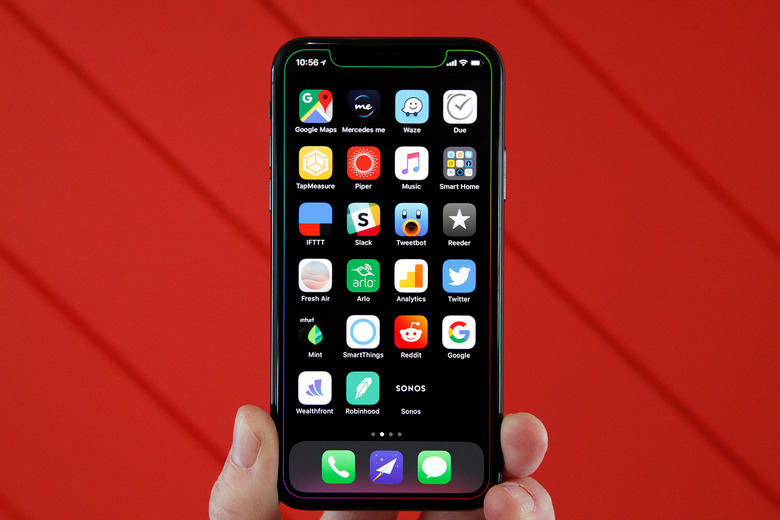The Most Annoying Things About Apple's Apology For Slowing Down iPhones
iPhone late on Thursday did the right thing and finally apologized for the iPhone slowdown scandal. In a lengthy letter to customers, Apple explained why iPhones with older batteries are slowed down and announced new measures meant to address your concerns.
Apple is making battery replacements for out-of-warranty iPhones cheaper than ever, although the procedure is not free of charge. Rather than paying $79 for a new battery, you'll have to pay just $29, and the price will stay in place through December 2018. On top of that, Apple will release new iOS features that give users "more visibility" into the health of their iPhone's battery.
That said, Apple's apology is far from perfect, and there are plenty of annoying things about it.
First of all, Apple never acknowledges that it misled iPhone users when it released the iOS 10.2.1 update last year. It never told users that, once the iPhone's battery has a certain age, iOS will slow down the phones. Preventing unexpected shutdowns is definitely commendable. Nobody wants that kind of smartphone "feature." But Apple failed to properly inform users of what's going on.
"At Apple, our customers' trust means everything to us. We will never stop working to earn and maintain it. We are able to do the work we love only because of your faith and support — and we will never forget that or take it for granted," Apple ends the letter. But what Apple did was to take the user's faith and support for granted.
But wait, there's more under the Recent user feedback section:
Over the course of this fall, we began to receive feedback from some users who were seeing slower performance in certain situations. Based on our experience, we initially thought this was due to a combination of two factors: a normal, temporary performance impact when upgrading the operating system as iPhone installs new software and updates apps, and minor bugs in the initial release which have since been fixed.
We now believe that another contributor to these user experiences is the continued chemical aging of the batteries in older iPhone 6 and iPhone 6s devices, many of which are still running on their original batteries.
So Apple is basically telling us that it's not testing iOS updates appropriately. That it's not thoroughly checking new iOS releases on older devices. That iPhones with chemically aged batteries aren't in use anywhere at Apple, so these performance issues aren't noticed by the iPhone users that matter most, Apple engineers.
Apple had to wait for user feedback to realize that the iPhone slowdown, which Apple caused, is to blame for the poorer user experience on older iPhone 6 and iPhone 6s devices.
One of the main selling points of iOS, at least for developers, is that major releases are still available for phones and tablets that were released three or four years ago. But most of these devices run on chemically depleted batteries. Did nobody at Apple think to check whether iOS 11 can offer a decent experience on an iPhone 6 that's slowed down via software?
One more thing.
Going forward, Apple doesn't seem to make this CPU throttling policy optional. As a long time iPhone user who owned and will own devices with chemically depleted batteries, I'd like to be able to choose in the future whether iOS should slow the phone down or not.
Instead, Apple will keep slowing down devices, and it confirmed, again, that the iPhone 7 models are now included. Does that mean iPhone 8 and iPhone X are next?
